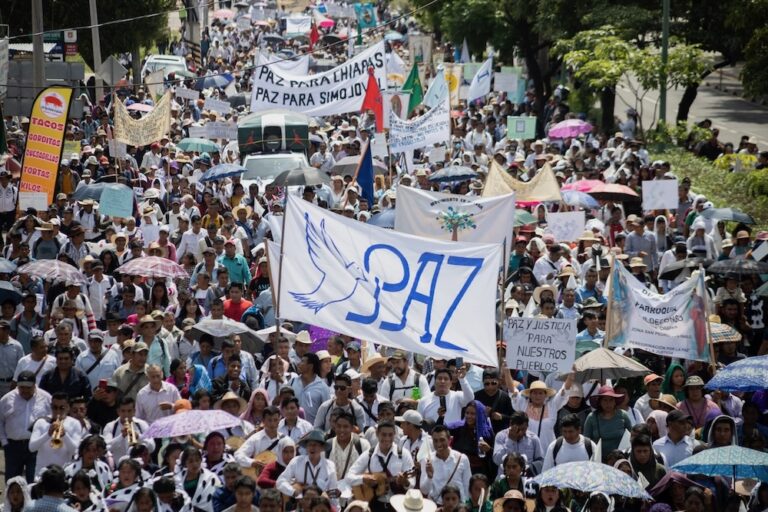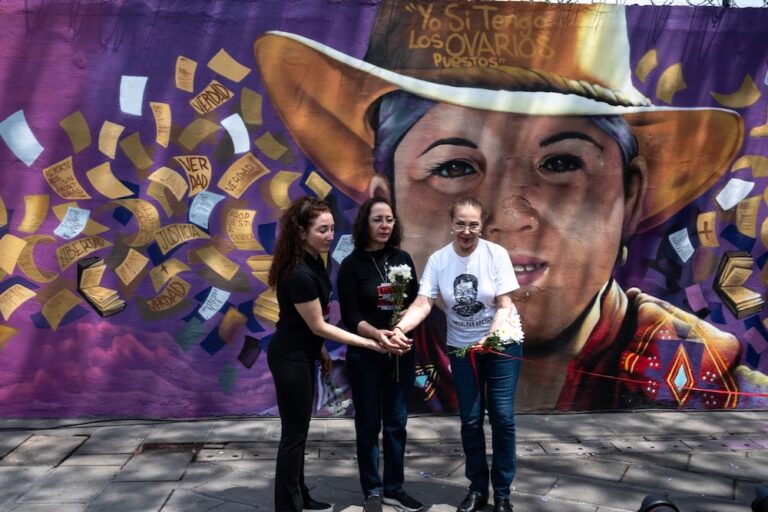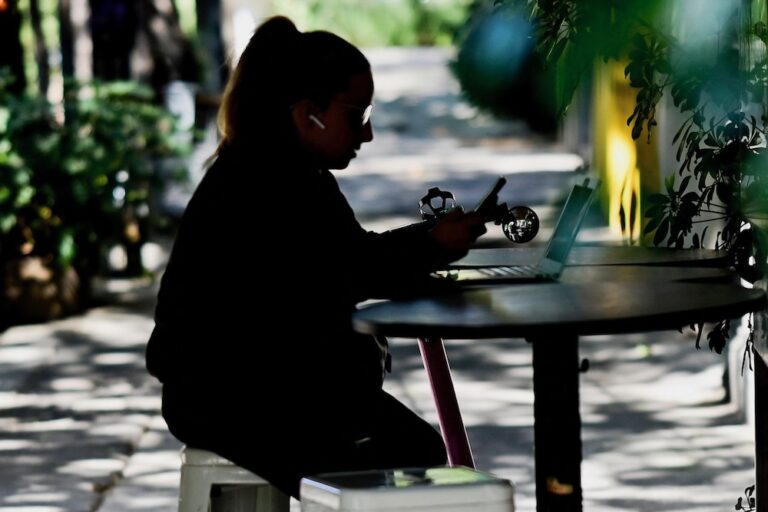Members of the Mexican army interfered with the work of a journalist while he was photographing an incident on a federal highway in Oaxaca.
(ARTICLE19/CENCOS/IFEX) – Members of the Mexican army interfered with the work of journalist Ernesto Reyes Martínez, while he was photographing an incident on the 190 federal highway, in Oaxaca, southwestern Mexico. Reyes Martínez is the information coordinator for the “Noticias Voz e Imagen de Oaxaca” newspaper and an XEW correspondent for the radio news programme “Hoy por Hoy”.
At 9:38 a.m. (local time), on 20 July 2009, the journalist was on the Cristóbal Colón Oaxaca-México section of the highway, in San Pablo Etla, together with his wife, heading to the newspaper’s offices. He noticed that five individuals were chasing another person who had a bicycle. The other cars on the highway were forced to stop. Reyes Martínez got out off his car and took some photographs with his mobile phone. At that moment, a group of 14-18 armed soldiers, from the 98th Infantry Batallion, who were stationed nearby, arrived at the scene and detained all the people involved in the chase. They seized the journalist’s mobile phone and detained him and his wife.
In an interview with Cencos/ARTICLE19 the journalist said he and his wife were taken to a military post about 30 meters away. Reyes Martínez identified himself and explained that he was a journalist. Besides his mobile phone, the soldiers seized another phone which belongs to “Noticias Voz e Imagen de Oaxaca”. The journalist’s wife was allowed to go after a half hour but Reyes Martínez was kept for 90 minutes and prevented from making any calls.
During this time, the journalist found out that the five individuals who were taking part in the chase were Oaxaca state police officers who were after an extortionist.
Reyes Martínez argued that he had done nothing wrong and that he and his wife had properly identified themselves. Nevertheless, he was harassed by the military and some of the soldiers pointed their guns at him when they took his mobile phone, pretending they were aiming at him and his wife. Moreover, one of the soldiers wrote in his report that the journalist had tried to assault them.
The soldiers deleted the photographs the journalist took on his mobile. They also thoroughly checked his vehicle, his camera, the phones he was carrying and a tape recorder he uses for his work.
The journalist filed a complaint with the Federal District Human Rights Commission (Comisión de Derechos Humanos del Distrito Federal), which was then transferred to the National Human Rights Commission (Comisión Nacional de Derechos Humanos) since the matter involves military officers.
ARTICLE19 and Cencos call on the Oaxacan state government to adopt the necessary measures in order to ensure that the right to freedom of expression is not compromised. Freedom of expression violations impact on the right of the public to receive information and are therefore a direct threat to the democratic process.
The two organisations also called on the National Human Rights Commission to promptly follow up on the case.


